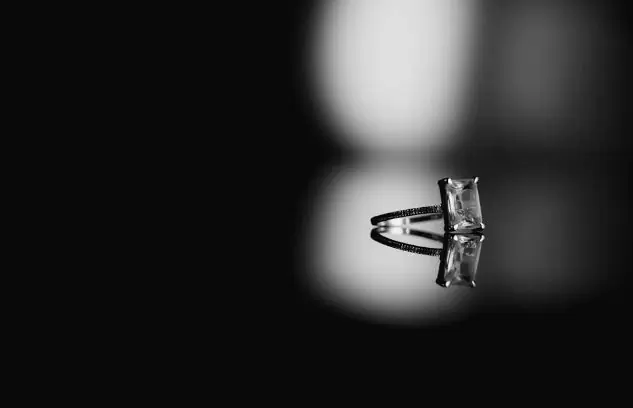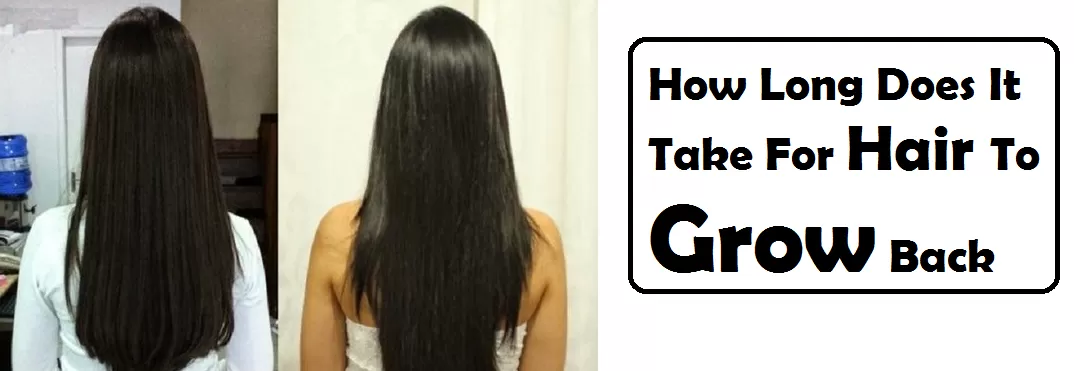How Long Does It Take For Hair To Grow Back
Hair growth is a complex process that involves various stages, such as anagen, catagen, and telogen. During the anagen phase, hair grows actively from the follicles. In the catagen phase, hair stops growing and detaches itself from the blood supply. Finally, in the telogen phase, the hair rests before falling out to make way for new growth.
Even though scientists have established these stages of hair growth, they still don’t fully understand why some people have slow regrowth after experiencing hair loss. Some studies suggest that genetics could play a role in determining how fast or slow someone’s hair grows back. For instance, baldness in the family line may indicate that certain genes can affect one’s ability to regrow their hair.
Other factors, such as age and health conditions, can also influence how long it takes for new hair to grow back. Generally speaking, younger people recover faster from temporary hair loss than older adults. Additionally, those with underlying health conditions such as thyroid disease or alopecia areata may find it harder to regain their full head of hair and may require specialized treatment options.
The root cause: Shaving or cutting off hair can cause the follicles that produce hair to shrink. It can lead to a loss of scalp blood flow, slowing hair growth.
How long does it take for hair to grow back after chemo
After chemotherapy, hair regrowth can be a long and frustrating process. The time it takes for the hair to grow after chemo depends on age, genetics, health status, chemotherapy treatment received, and dosage.
Usually, hair starts growing back 2-3 weeks after completing chemotherapy treatment. However, the growth rate may be slow initially and is usually thinner or patchier than before. Hair growth gradually improves over time, taking about six months to a year for a full head of hair to grow back.
During this regrowth period, it’s essential to take good care of your scalp by moisturising it with gentle shampoos and conditioners. Avoid harsh chemicals or heat-styling tools that may further damage the delicate new hairs. Also, wearing wigs or head scarves can help protect your scalp from environmental damage while giving you confidence during this transitional phase.
How to make hair grow faster
Hair growth rate varies from person to person, but on average, hair grows about half an inch per month. It means it can take up to six months to see noticeable growth after a haircut or other hair-loss event. However, you can do a few things to help speed up the process.
One key factor in hair growth is maintaining a healthy diet and lifestyle. Eating plenty of protein and taking vitamins like biotin and vitamin D can help support healthy hair growth. Regular exercise and stress management techniques may also promote faster hair growth.
In addition, being gentle with your hair can prevent breakage and split ends that could slow down the growing process. Avoid harsh chemical treatments like bleaching or coloring, use a wide-toothed comb instead of a brush when detangling wet hair, and avoid using heat-styling tools too frequently. By caring for your body and being gentle with your locks, you may be able to speed up the time it takes for your hair to grow back.
What can cause hair loss, and how long does it take to grow back?
The rate and speed of hair growth can vary from person to person. Typically, healthy hair grows about half an inch per month, equating to approximately 6 inches annually. However, various factors can influence the growth rate of hair. These include genetics, age, diet, hormones, medication use or side effects, stress levels and underlying medical conditions.
Hair loss is a common problem that affects many people worldwide. It can be caused by different factors such as genetics, hormonal changes or imbalances, including pregnancy or menopause in women or thyroid disorders; medical treatments like chemotherapy; autoimmune diseases such as alopecia areata; fungal infections of the scalp; excessive heat styling or chemical processing; a poor diet lacking essential vitamins and minerals for healthy hair growth.
The time it takes for the hair to grow back varies depending on the cause of hair loss. In some cases where no underlying health condition is causing the issue, it may take several months for noticeable regrowth to occur. However, suppose an individual has undergone chemotherapy treatment or other medical procedures that affect follicle production significantly. In that case, it may take longer, up to years – if possible – for new growth to appear.
How can I promote hair growth naturally?
The average person’s hair grows about half an inch per month. However, this can vary depending on age, genetics, and overall health. While there are no shortcuts to growing long locks, some natural remedies may help speed up the process.
Firstly, incorporating a healthy diet rich in vitamins and minerals like biotin and iron can promote hair growth from within. Massaging the scalp with essential oils like lavender or peppermint can increase blood flow to the hair follicles and stimulate growth. Finally, reducing stress levels through activities like yoga or meditation can also improve hair growth by reducing inflammation in the body.
It is important to remember that while these natural remedies may help promote hair growth, they do not guarantee rapid results. Patience and consistency are key to growing healthy and strong hair.
Frequently Asked Questions
How long does hair grow back after chemotherapy take?
Hair typically grows back about three to six months after chemotherapy ends. However, the growth rate can vary from person to person and also depends on the type and dosage of chemotherapy received.
Can hair grow back thicker after being shaved or cut short?
Contrary to popular belief, cutting or shaving hair does not cause it to grow back thicker. The increased thickness is due to the blunt edges of newly grown hair that have not yet been tapered by natural wear and tear.
What factors affect how fast hair grows back?
Several factors can impact how quickly hair grows back, including age, genetics, overall health status, medication use, and hormonal changes. Additionally, certain medical conditions, such as alopecia, may require specialized treatment for hair regrowth.










